Russia says anti-Taliban forces forming resistance in northeast of Kabul
Russian Foreign Minister Sergei Lavrov says a group of Afghan leaders are trying to rally a force to resist the Taliban from Panjshir Valley northeast of Kabul after the takeover of the war-ravaged Asian country by the militant group.
Speaking to reporters in Moscow on Thursday, the top Russian diplomat said that a resistance front was forming in the strategic valley led by vice president Amrullah Saleh and Ahmad Massoud, the son of a famed slain anti-Taliban commander.
"There are reports of the situation in the Panjshir Valley where the resistance of Afghanistan's vice president Mr Saleh and Ahmad Massoud is concentrated," Lavrov said, adding, "The Taliban doesn't control the whole territory of Afghanistan."
The Russian foreign minister also reiterated his call for an inclusive dialogue involving all political players and factions in Afghanistan for the formation of a "representative government".
The 32-year-old son of late Ahmad Shah Massoud has pledged to hold out against the Taliban from his stronghold in the Panjshir valley. The region is known for its natural defenses and was also held out against the Taliban when they ruled Afghanistan in 1996-2001.
In a Washington Post editorial, Ahmad Massoud said members of the Afghan military including some from the elite Special Forces units had rallied to his cause and he had appealed to some countries for help.
"We have stores of ammunition and arms that we have patiently collected since my father's time, because we knew this day might come," he said in the editorial, adding that some of the forces who had joined him had brought their weapons.
"If Taliban warlords launch an assault, they will of course face staunch resistance from us," he said.
"The Taliban are not a problem for the Afghan people alone. Under Taliban control, Afghanistan will without doubt become ground zero of radical terrorism; plots against democracies will be hatched here once again," he said.
The editorial follows a declaration by Saleh that he was the rightful president of Afghanistan after Ashraf Ghani fled Kabul as Taliban insurgents seized the capital on Sunday.
“We have lost territory but not legitimacy,” Saleh said in a recent interview. “I, as caretaker president, upholder of the Constitution, don’t see the Taliban emirate either as legitimate or national.”
Several countries, entities and personalities have been reacting to the Taliban takeover following the United States’ abrupt military withdrawal.
Moscow has been cautiously optimistic about the new leadership in Kabul and is seeking contact with the militants in an effort to avoid instability spilling over to neighboring ex-Soviet states.
While some countries rushed to evacuate their citizens from Kabul, Russia said its embassy will continue to work.
Earlier this week, Russia's ambassador to Afghanistan Dmitry Zhirnov met with the Taliban in Kabul. The Kremlin has in recent years reached out to the Taliban and hosted its representatives in Moscow several times, most recently last month.
The pullout put an end to a futile two-decade-long war the United States waged in Afghanistan.
The Taliban laid siege to the capital on Sunday, forcing Ghani to flee the country.
For now, the Taliban have vowed to respect the rights of women, seek good relations with other countries, and not to exact retribution on former members of the Afghan military. Many Afghans remain skeptical, however.
‘All wars have rules. All of those rules have been broken’ by Israel
VIDEO | Report flags India’s violation of rights of Rohingya detainees
Turkey's foreign minister meets Syria's de facto leader in Damascus
'Next to impossible' to rescue patients from Gaza's Kamal Adwan Hospital: Director
VIDEO | Vietnam current prosperity
Report blames gasoil exports for shortage at Iranian power plants
VIDEO | Hind Rajab Foundation names Israeli war criminals vacationing after Gaza genocide
VIDEO | Australians rally for Gaza ahead of Christmas festivities


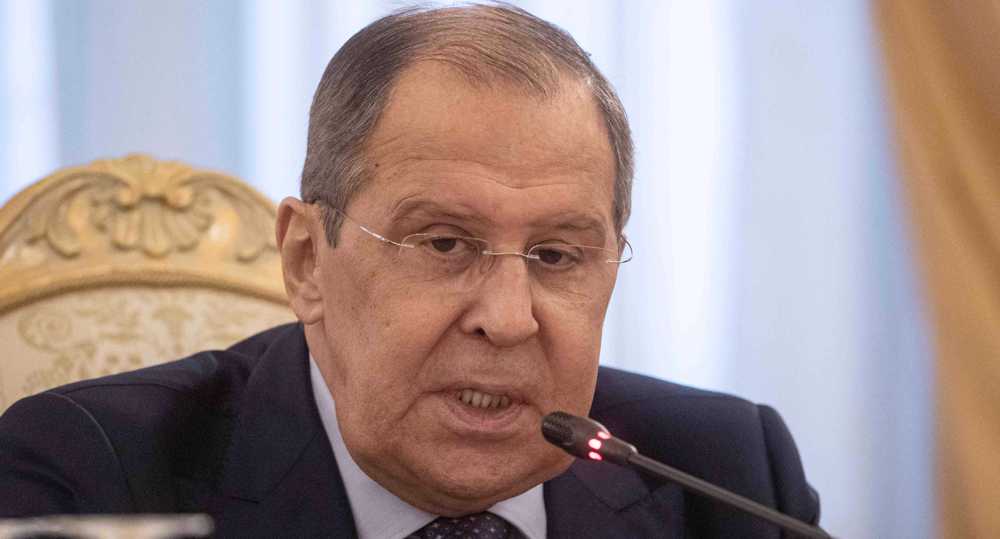
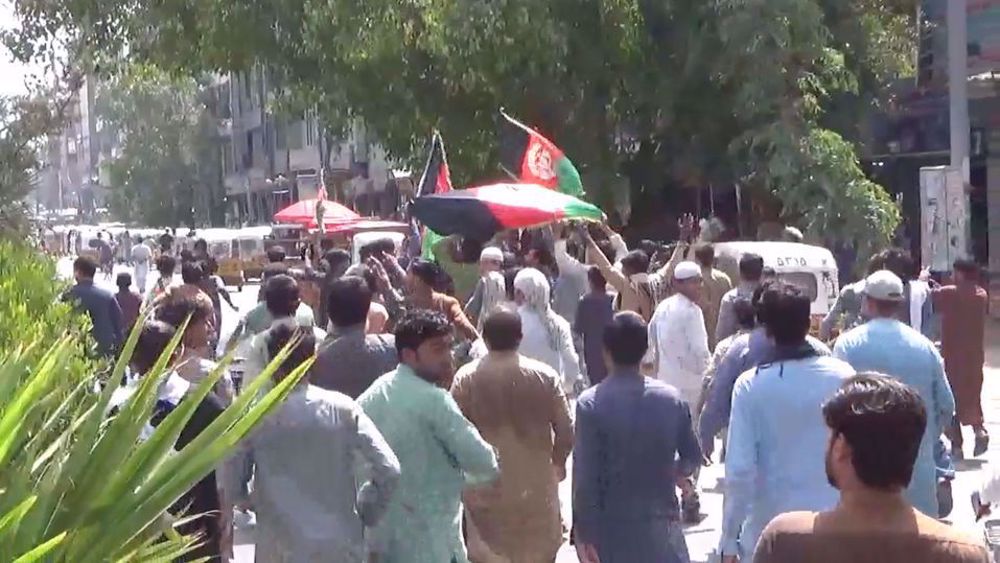
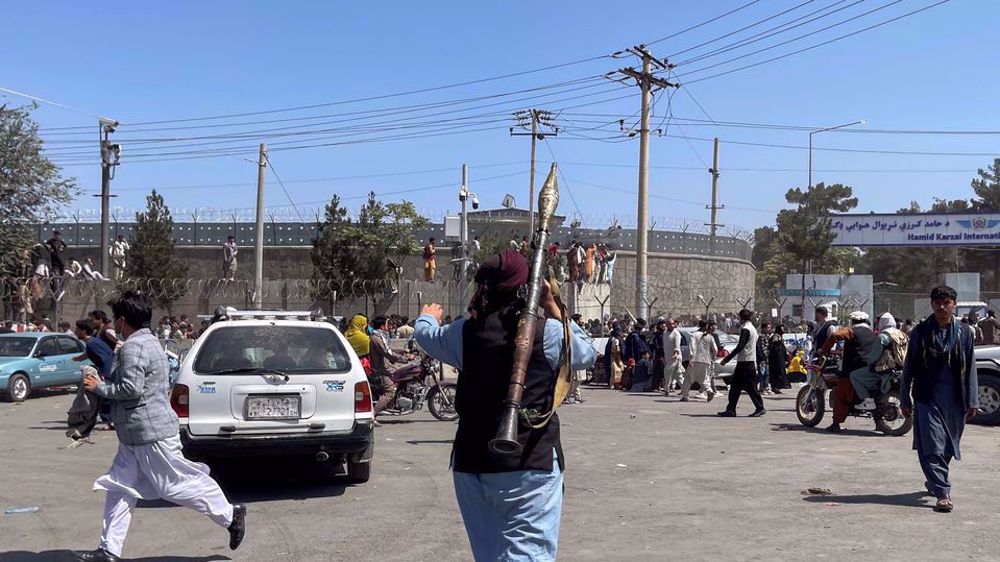
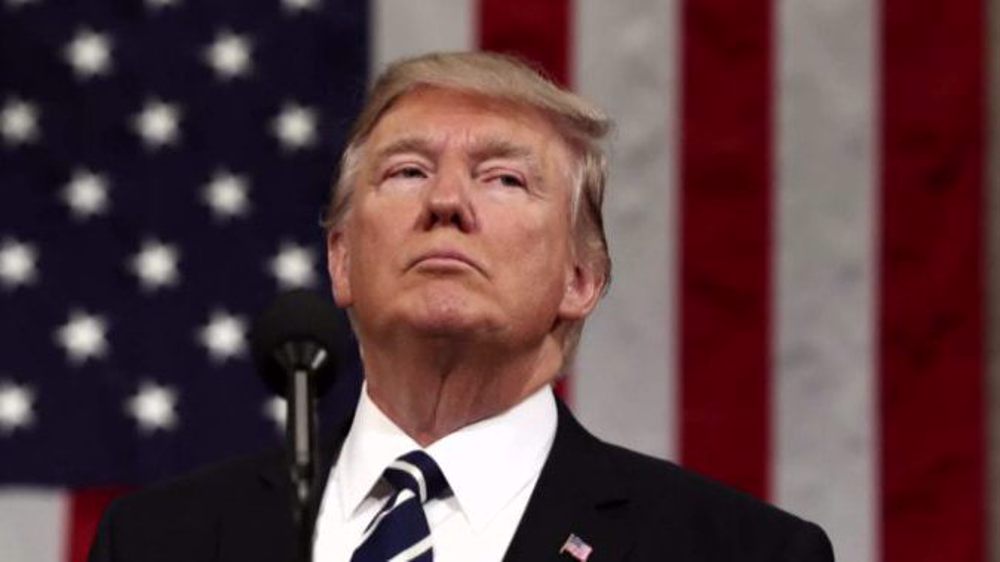






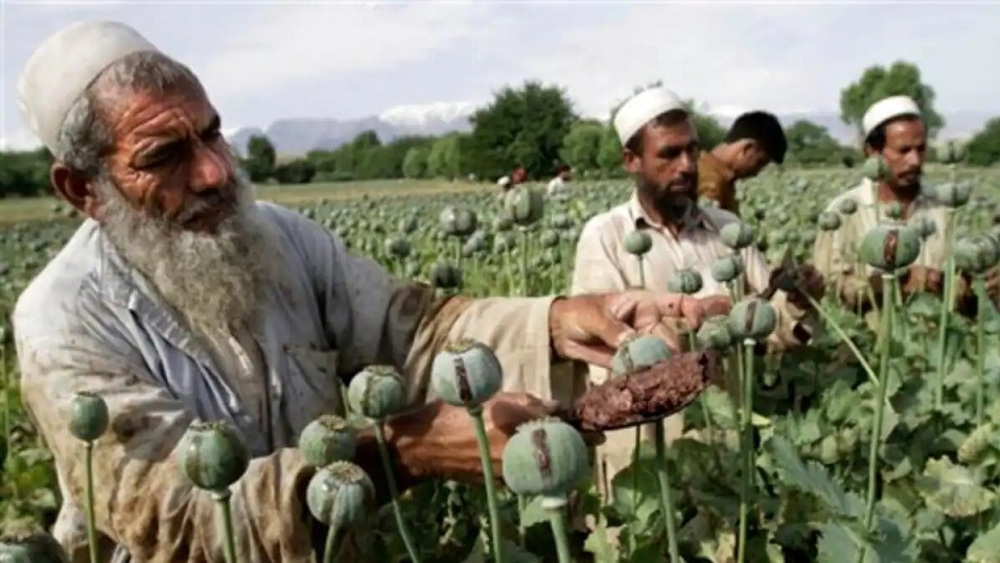
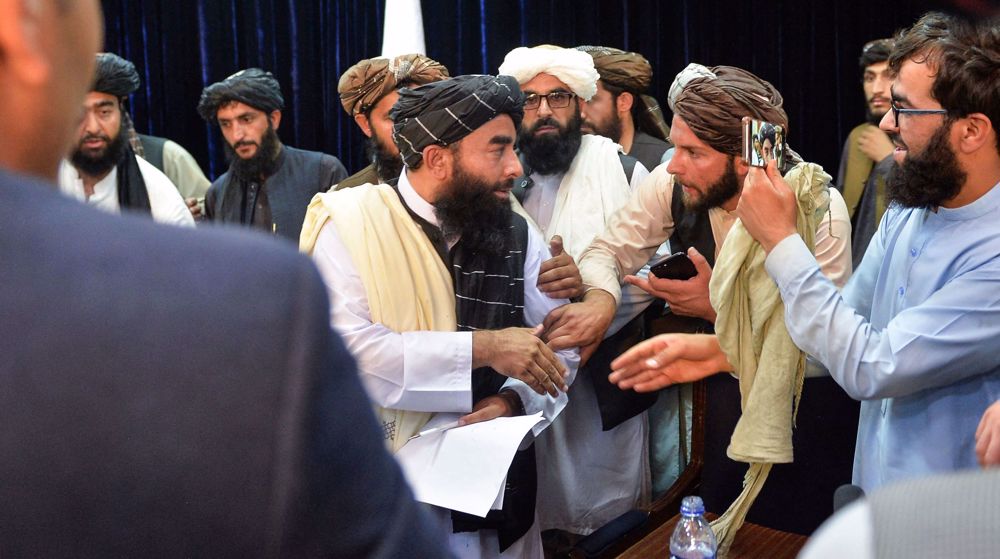
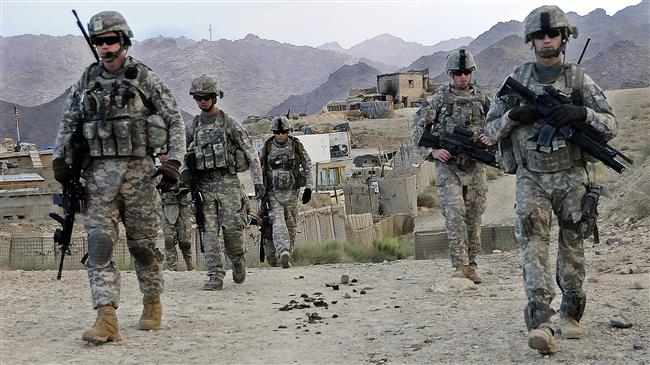
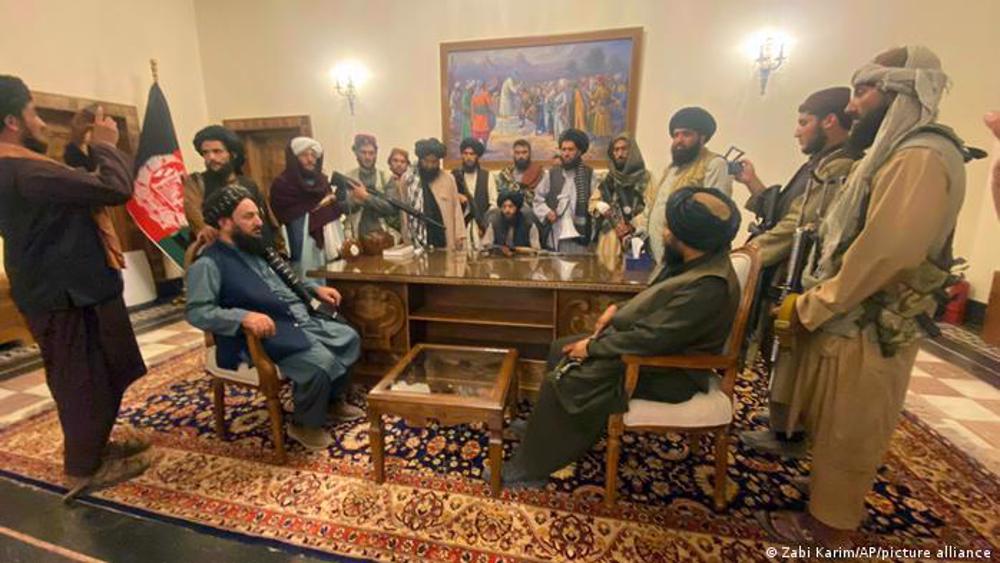
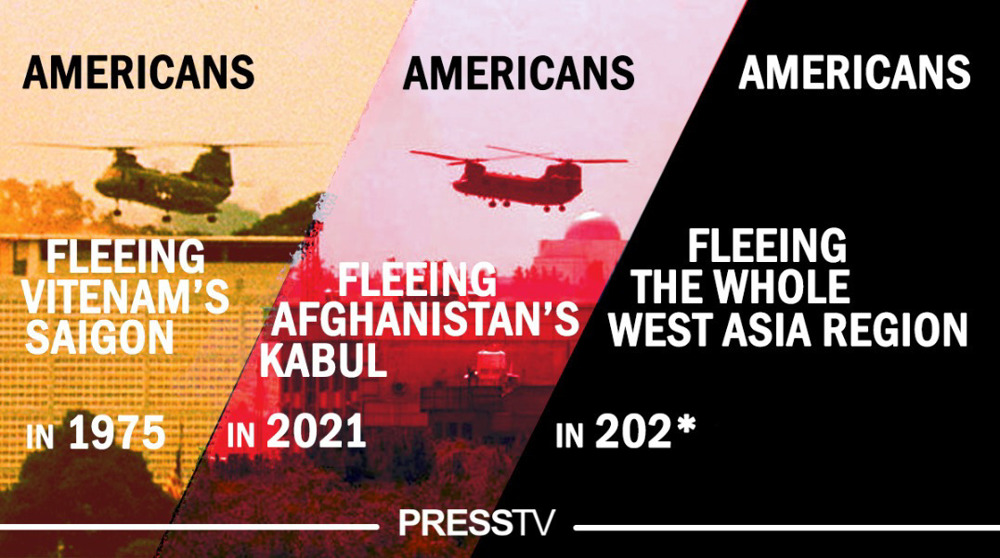
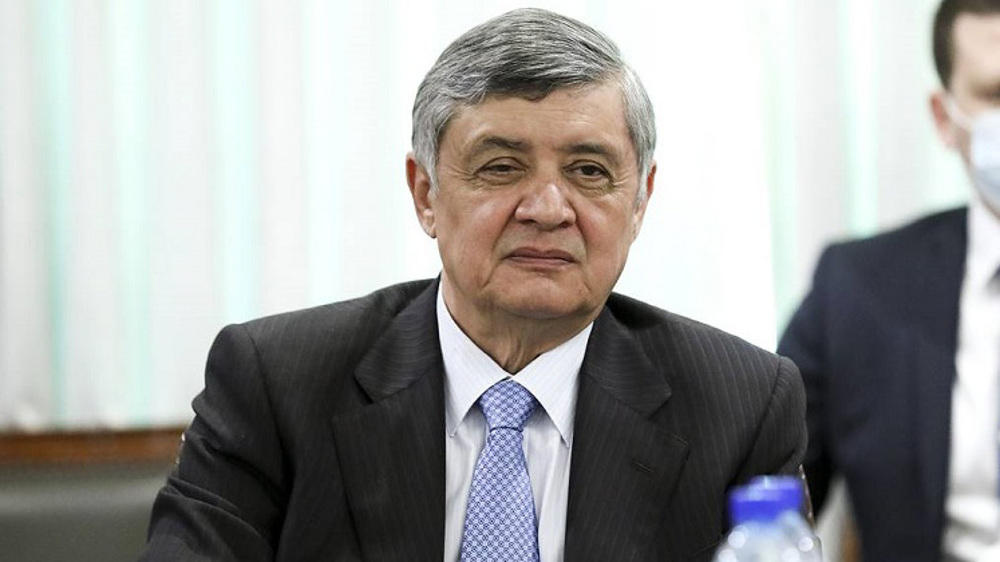
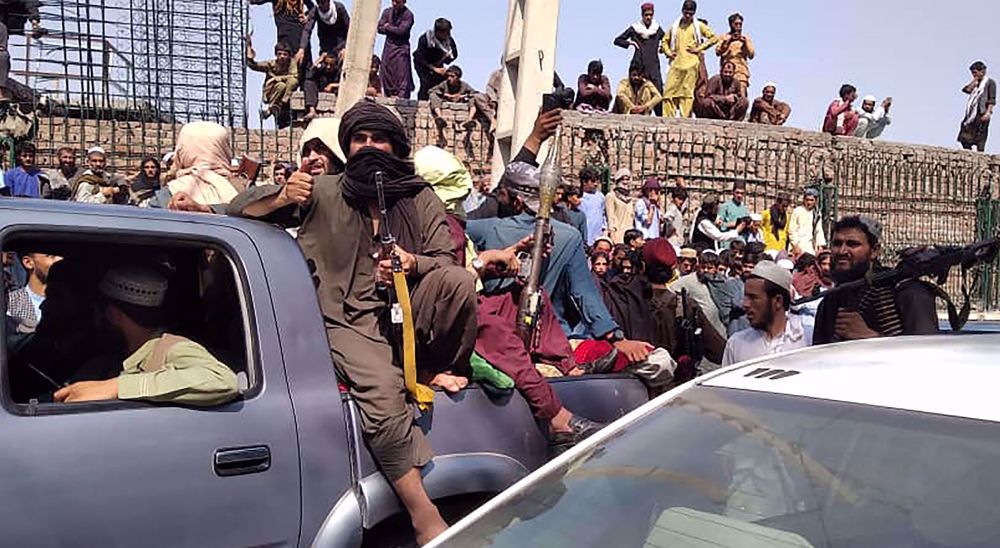
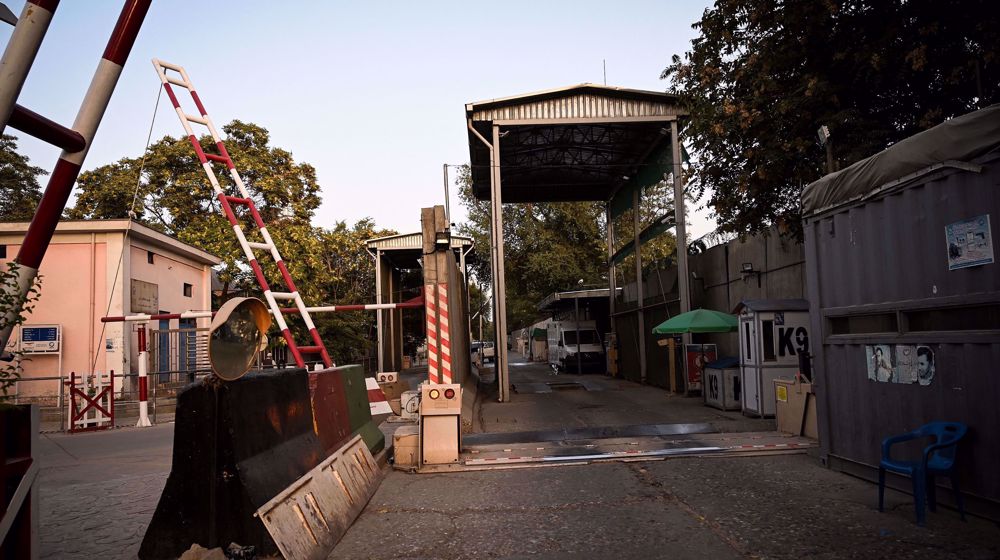
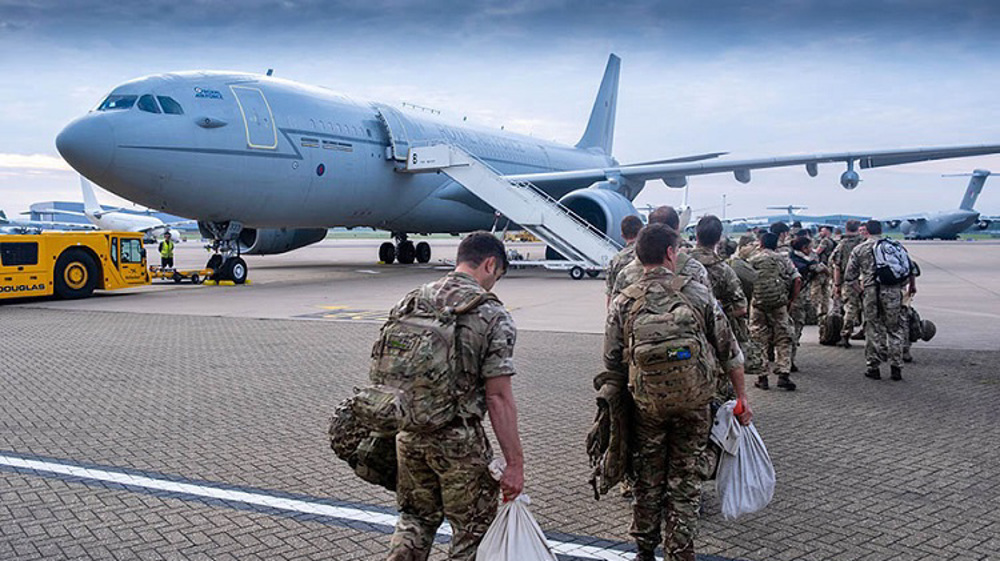

 This makes it easy to access the Press TV website
This makes it easy to access the Press TV website